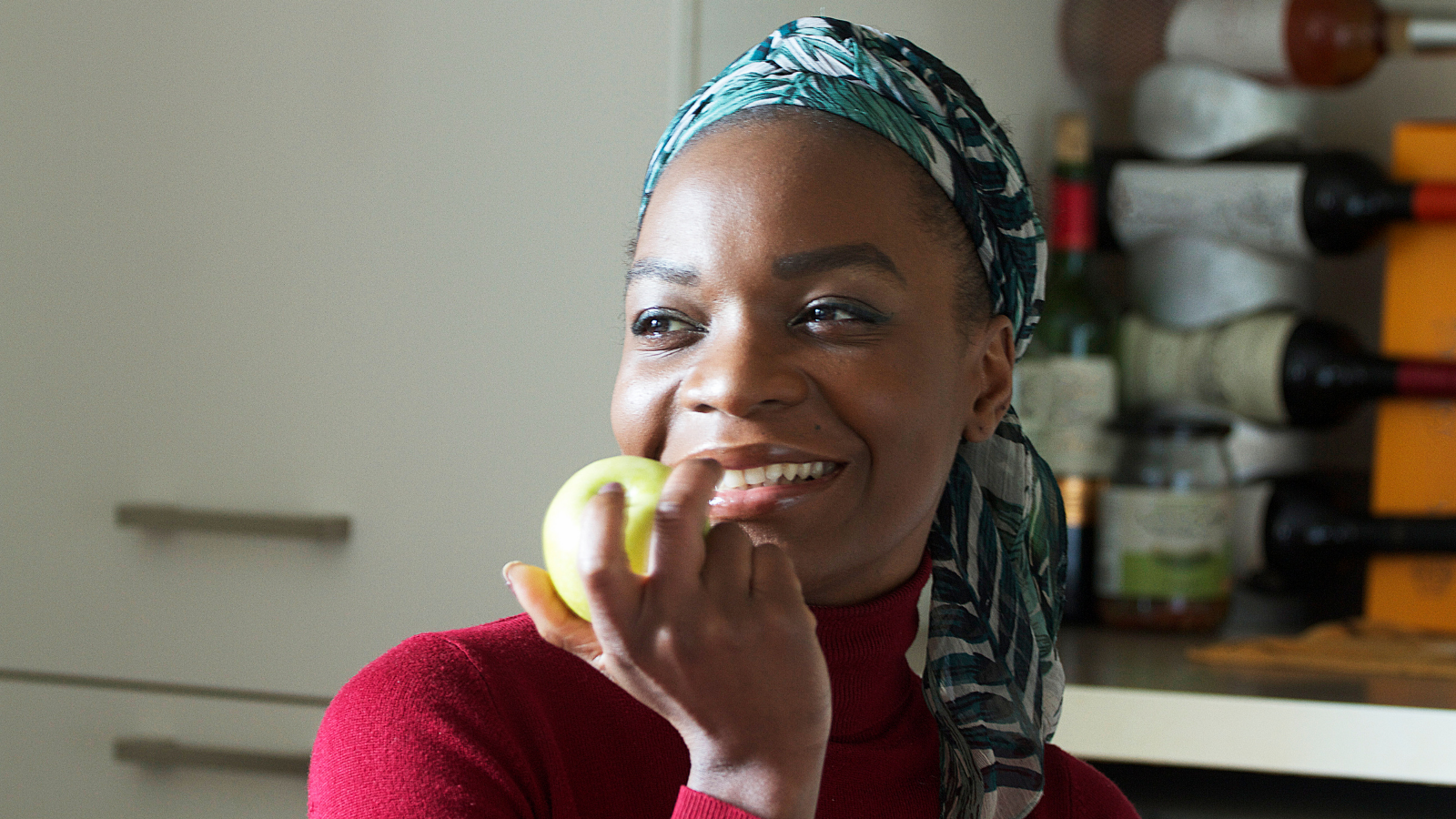
Writing has been said to be like talking to a best friend. The blank page or computer screen understands us and won’t judge us. Writing offers a safe place to feel, to be completely honest and to listen to our inner voice. According to research about writing and healing, writing can help heal trauma, resolve inner and outer conflicts, improve depression, relieve stress and high blood pressure.
When we put something on the page (or the computer screen) we no longer have to carry it inside us. We can leave difficult or painful feelings or experiences behind. But writing for the health of it doesn’t only involve writing about our trauma, hurt, illness, loss, trauma and pain. It’s equally valuable to write about our accomplishments, gratitude, moments of joy and the things in our lives that have been going well. Committing these things to the page, however small they may be, reminds us that not all is lost.
Often when we’re writing, we discover things we didn’t know we knew. We may clarify our feelings, make connections, discover patterns and beliefs, gain perspective and make meaning from experiences. The writing may surprise us by taking us somewhere we didn’t know we were going.
Some people like to establish a ritual for their writing. This might mean doing breathing exercises before starting to write, listening to calming music, or lighting a candle and blowing it out when finished. But writing can also be done wherever you happen to be, whenever you have a few moments: in bed first thing in the morning, or prior to going to sleep, in coffee shops or while you’re waiting for appointments. There are many beautiful journals on the market, or you may prefer to write in a notebook. Some of us are afraid to mess up a lovely journal by crossing things out or making mistakes in spelling, grammar or punctuation. You need to write without worrying about perfection, without stopping to critique or correct what you’ve written, without censoring yourself.
You can ask yourself questions as you write: Is this true? Do I really believe this? You might try writing a question with your dominant hand and answering it with your non-dominant hand. This has been suggested as a way to access the other side of the brain.
Sometimes it’s difficult to get started. At times like this it’s helpful to have a prompt.
You can use a piece of art or a photograph for inspiration. If you’re looking at a family photo, you might want to think about: who isn’t in the picture and why; what might have happened before or after the photo was taken; and who might have taken the photo.
Other people’s words can kicks start your own writing. Repeating the first line of a poem or the first line of a novel can give you a starting place. A personal essay or article you read might evoke a response or inspire you to tell your own story.
Lists can be both fun to write and helpful sources of discovery. Try completing some of the following sentences over and over, adding something different each time. Some of these prompts have options to make it specific to your experience.
All I want is…
Things I’ve learned from my… (mother/father; dog/cat; children; cancer; friend; job…)
Things/People I’m grateful for…
Things that I enjoy…
Helpful/unhelpful things people say…
Things I wish people would say/do…
I’m sick of …
I believe in …
Things I have control of today…
Choices I can make today include…
Things I know how to do…
Things I need help with…
The best/worst time of my life was…
What would it be like if I were to…
If you want my advice…
Things I regret/don’t regret…
I am the Queen/King of…
I’ve been describing free writing or expressive writing — writing whatever comes to mind. That’s a good place to start. It can also be healing to shape some of the pieces you’ve written into a poem, a personal essay or an article. This could involve deleting some thoughts, reorganizing others, using images to describe what you’re feeling or substituting words that sound better together. You may need to add to your piece to bring it to a successful conclusion.
There is something very satisfying about creating a finished piece of writing. It gives you a sense of control over your experiences, a sense of accomplishment and completion. You might choose to share these pieces with a close friend or family member or even to submit them to an appropriate publication. Or you may choose to put your finished pieces in a separate journal or scrapbook to serve as as a record of your journey.

Shirley Serviss is the Staff Literary Artist on the Wards for the Friends of University Hospitals. She has facilitated writing programs for the Arts in Medicine program at the Cross Cancer Institute, the University of Alberta’s Faculty of Extension, Grant MacEwan, the City of Edmonton, and numerous seniors centers.
Online Resources:
The American Psychological Association has an article describing the research findings of numerous psychologists, including James Pennebaker, on expressive writing by staff writer Bridget Murray: www.apa.org/monitor/jun02/writing
Sandra Marinella’s article in Massage Magazine “Write to Heal” includes numerous writing prompts: www.massagemag.com (April 3, 2020)




